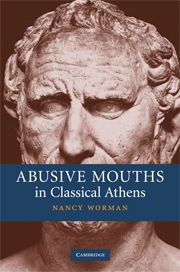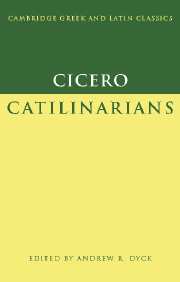Plague and the Athenian Imagination
The great plague of Athens that began in 430 BCE had an enormous effect on the imagination of its literary artists and on the social imagination of the city as a whole. In this book, Professor Mitchell-Boyask studies the impact of the plague on Athenian tragedy early in the 420s and argues for a significant relationship between drama and the development of the cult of the healing god Asclepius in the next decade, during a period of war and increasing civic strife. The Athenian decision to locate their temple for Asclepius adjacent to the Theater of Dionysus arose from deeper associations between drama, healing and the polis that were engaged actively by the crisis of the plague. The book also considers the representation of the plague in Thucydides' History as well as the metaphors generated by that representation which recur later in the same work.
- Discusses the impact of the Plague on six important Greek tragedies
- Was the first book to propose and develop a significant relationship between the Temple of Asclepius and the Theater of Dionysus in Athens
- Offers insights into Thucydides' famous representation of the Plague
Product details
June 2011Paperback
9780521296373
224 pages
229 × 152 × 13 mm
0.34kg
Available
Table of Contents
- Prologue
- 1. Introduction
- 2. Death, myth and drama before the Plague
- 3. Materials I: the language of disease in tragedy
- 4. Plague, cult and drama: Euripides' Hippolytus
- 5. Oedipus and the Plague
- 6. Trachiniae and the Plague
- 7. Materials II: the cult of Asclepius and the Theater of Dionysus
- 8. Disease and stasis in Euripidean drama: tragic pharmacology on the south slope of the Acropolis
- 9. The Athenian Asklepieion and the end of Philoctetes
- 10. Conclusions and afterthoughts.




